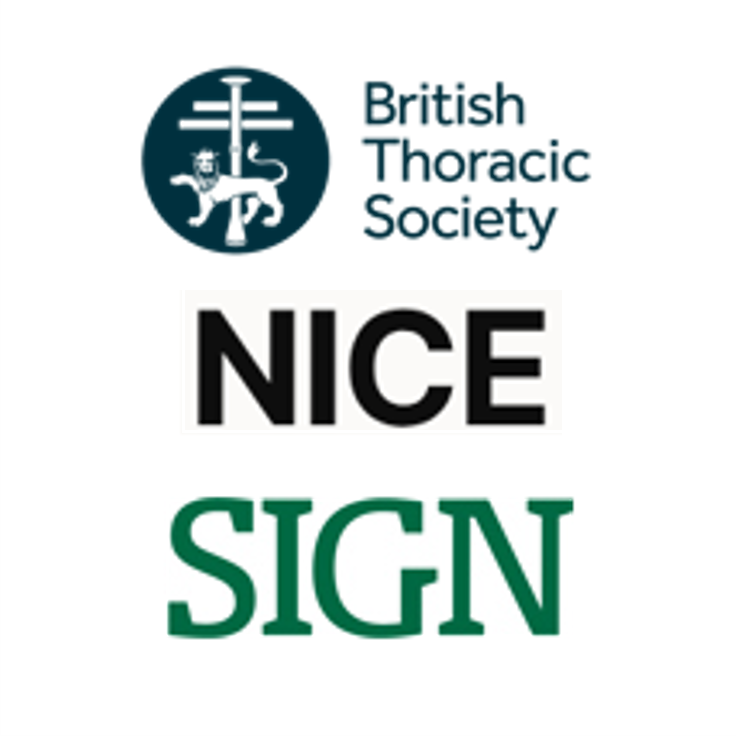Context for the guideline

This content is from the BTS, NICE and SIGN guideline - Asthma: diagnosis, monitoring and chronic asthma management, 2024
The NICE guideline on asthma was published in 2017 and BTS/SIGN last updated their asthma guideline in 2019. The guidelines overlap in the clinical areas included, and healthcare practitioners in the UK have been using both sets of guidance.
However, these guidelines differ in their approach to diagnosis. Concern has been raised about the recommendations to use fractional exhaled nitric oxide (FeNO) measurement and spirometry more widely, contained in NICE guidance. Likewise, there are significant differences in several aspects of the treatment approach in each. BTS, NICE and SIGN agreed that updating and unifying current guidance would be helpful for healthcare professionals.
This update to national asthma guidelines is timely for people with asthma and their healthcare teams. There have been various initiatives that aim to improve outcomes for people with asthma in the UK, but outcomes nevertheless remain poor. Mortality from asthma continues to increase in the UK, and it remains a leading cause of morbidity. According to the Office for National Statistics, there were more than 1,400 asthma deaths in the UK in 2018, an increase of 8% compared with 2017. For outcomes to improve, people with asthma need excellent, evidence-based care.
There are many uncertainties about the best way to diagnose, monitor and treat asthma. For example, there have been recent developments in our understanding of the value of physiological tests. Also, there are new options for the use of inhaled corticosteroids and what to do when treatment needs to be stepped up or down. The evidence in these areas of uncertainty has been reviewed and the relevant recommendations updated.
![]()
![]()
![]()